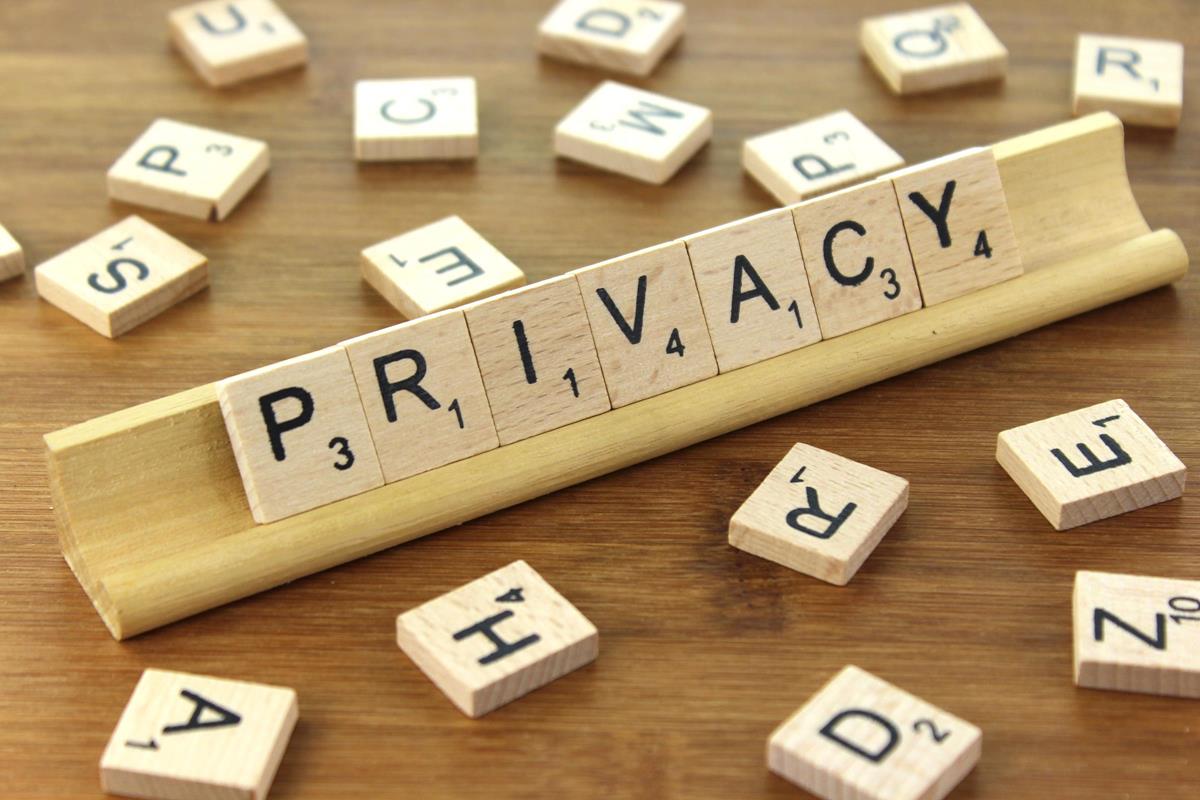
Yesterday, after my mother’s constant nagging, I decided to go to the grocery store and pick up her favourite chocolates. And this was just a simple supermarket, one of many that have mushroomed at almost every street corner in India. As I was standing in the queue for checkout, I noticed something odd: Every person standing in front of me and those behind me were whipping out their cellphones and holding it out for the cashier. My befuddlement turned to clarity when I stepped up to counter and the smiling cashier said: “Sir, may I have your phone number or membership number?” “Well, I don’t have one and don’t want one,” I said. “But sir, you should get one. We offer amazing discounts to our members,” the cashier said, his smile unfaltering. “But I don’t want to share my number,” I said, my irritation now quite visible. I swear the 'stink eye’ the cashier gave me is one of the worst I have gotten in my life. And I don’t blame him either. The poor employee was just doing his job. Now, I know what you are thinking. Giving away my phone number is no big deal. But here is where you are wrong. I have been working as a marketing and social media consultant for over 5 years now, and one of the first things I tell any client is: put out more content, the more personal, the better. But personally, I am exceptionally careful about my digital footprint. From what posts or pictures I like on social media, to whom I give out my phone number to. My friends even call me paranoid because I keep two phones. One personal and one professional. My so-called paranoia began a few years ago, when I started getting incessant email notifications for a Gmail ID I had made, only to log into the Google Play Store for my Android device. And I had never given away the email address anywhere else. The next problem was Amazon and Facebook. I once checked the price of an item on Amazon and ads for the same product started appearing on my Facebook timeline. Then random names of brands I had spoken near my laptop and my phone started appearing as suggestions on Facebook, and as suggested items for purchase on Amazon. The final straw was when I started getting phone calls from a particular political party to vote for them, on a number I recall never registering for any political event. And then I got afraid. It is then I truly began to notice little things on social media: Articles quite similar to what I had read in the past started appearing more on my timeline. My friend suggestions started out to be people who were near me (geographically). Photos of people — whose previous photos I had liked — started appearing more frequently on my Instagram timeline. Insta stories of those who kept checking mine quickly started appearing first on my profile. I could go, on by I think you get my drift. I believe you have noticed some of this too. To understand why and how all this works, I spent over a year with various experts who have learned how to weaponise information provided by people social media platforms and their phone numbers that are being used for more than staying connected. So here is how it works - Let’s say you give your phone number to five different supermarkets, a movie theatre, and a mobile balance recharge shop. You may believe you are handing over just your number, but in actuality, you are giving them a list of your habits. Now, you have become the target of a social experiment. Companies can build a profile around you: what you buy, what time you buy it, what movies you like to watch, and what mobile network you use. So, now they know better: what products to make just for you and what services to offer to you so that you will certainly buy it. On social media, your likes, reactions and stories are public - more often than not. So, anybody can profile you and alter their content so that you will consume it. Be it more text, photos or videos. Suddenly, you lose your individuality and become a number for statistical analysis. Somehow, your loss of privacy helps them infringe on others privacy too. Not only that: you start getting more SMSs, WhatsApp forwards and even Facebook seems to slightly change for you. It is a very subtle change but you start noticing it. Still believe that giving something as simple as a mobile number does not infringe on your privacy? What seems like normal behaviour now — because of the gentrification on social media by brands and people — is actually a very fine double-edged sword. On the one hand, experts believe that if you are not ‘out there’ on social media, you will never become big and earn money. On the other hand, becoming more social means losing all sense of privacy. So you tell me: is it worth it?